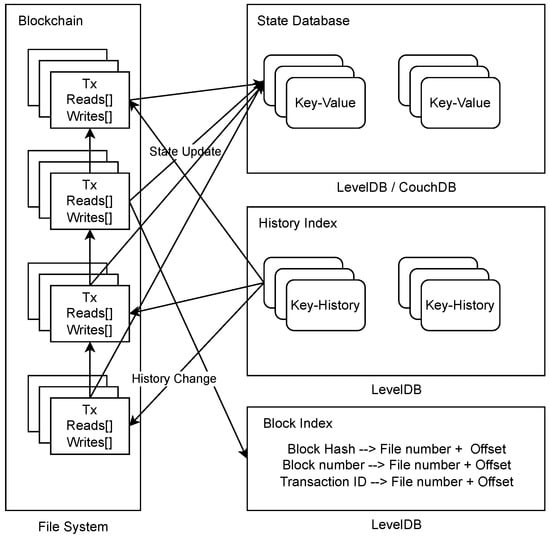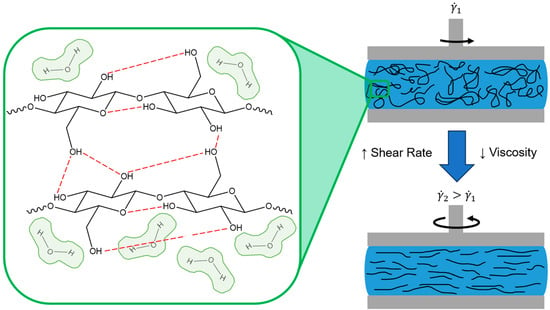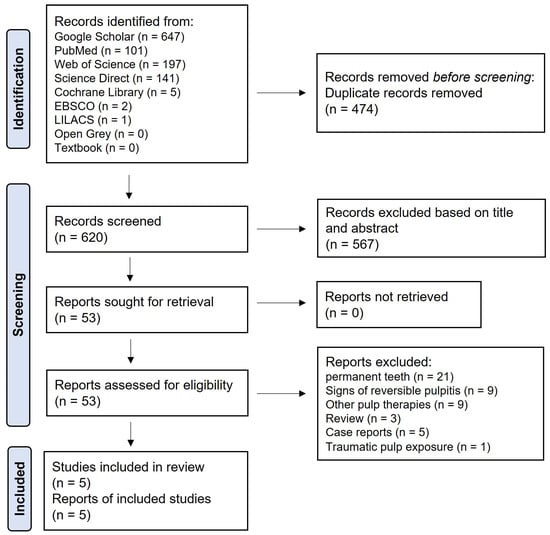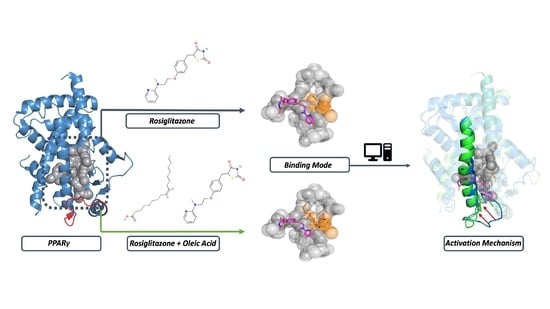Background and Objectives: Breastmilk is the safest and most suitable food for an infant, playing the role of their first vaccine and containing all the essential nutrients for the first months of life. The World Health Organisation recommends exclusive breastfeeding for the first 6 months of life and continued breastfeeding while introducing a child to complementary foods until 2 years and beyond. According to Latvian statistics from 2022, only 27.4% of babies were breastfed for 12 months. The aim of this study was to determine the socio-economic factors and factors related to pregnancy, childbirth and postpartum that influence breastfeeding for more than 6 months in Latvia.
Materials and Methods: Data were used from the cross-sectional survey “Research on factors and behaviours affecting the sexual and reproductive health of the population of Latvia”, which was conducted in 2023. A study sample was randomised and stratified by gender and five age groups. The analyses in this study are based on a sample of women who had given birth at least once (
n = 1407), and the dependent variable was the duration of breastfeeding their last child. Binary logistic regression was conducted to identify the associated factors.
Results: The point prevalence of longer duration of breastfeeding for the last child was 47.9% (
n = 674). The odds of longer breastfeeding duration were higher among mothers who did not smoke during pregnancy (vs. smokers, aOR 2.1,
p < 0.001), of Latvian nationality (vs. Russian, aOR 1.3,
p = 0.03), who had two childbirth (vs. one, aOR 1.5,
p = 0.003), who had the highest level of education (vs. primary education, aOR 2.0,
p = 0.03), started breastfeeding immediately after the birth (vs. later than the first day, aOR 1.7,
p = 0.01) or on the first day (vs. later, aOR 1.6,
p = 0.01).
Conclusions: We documented socio-demographic pregnancy and childbirth factors associated with longer breastfeeding durations. Efforts to promote breastfeeding practices should target mothers from the most vulnerable groups.
Full article
 IJMS
IMPACT
IJMS
IMPACT Applied Sciences
IMPACT
Applied Sciences
IMPACT Sustainability
IMPACT
Sustainability
IMPACT Sensors
IMPACT
Sensors
IMPACT JCM
IMPACT
JCM
IMPACT Materials
IMPACT
Materials
IMPACT Molecules
IMPACT
Molecules
IMPACT Energies
IMPACT
Energies
IMPACT Electronics
IMPACT
Electronics
IMPACT Remote Sensing
IMPACT
Remote Sensing
IMPACT Cancers
IMPACT
Cancers
IMPACT Nutrients
IMPACT
Nutrients
IMPACT Mathematics
IMPACT
Mathematics
IMPACT Foods
IMPACT
Foods
IMPACT Buildings
IMPACT
Buildings
IMPACT Polymers
IMPACT
Polymers
IMPACT Animals
IMPACT
Animals
IMPACT Water
IMPACT
Water
IMPACT Plants
IMPACT
Plants
IMPACT Agronomy
IMPACT
Agronomy
IMPACT Biomedicines
IMPACT
Biomedicines
IMPACT Processes
IMPACT
Processes
IMPACT Microorganisms
IMPACT
Microorganisms
IMPACT Diagnostics
IMPACT
Diagnostics
IMPACT Nanomaterials
IMPACT
Nanomaterials
IMPACT Viruses
IMPACT
Viruses
IMPACT Medicina
IMPACT
Medicina
IMPACT Healthcare
IMPACT
Healthcare
IMPACT Cells
IMPACT
Cells
IMPACT Forests
IMPACT
Forests
IMPACT Agriculture
IMPACT
Agriculture
IMPACT Land
IMPACT
Land
IMPACT JMSE
IMPACT
JMSE
IMPACT IJERPH
IJERPH
 Symmetry
IMPACT
Symmetry
IMPACT Genes
IMPACT
Genes
IMPACT Pharmaceutics
IMPACT
Pharmaceutics
IMPACT Coatings
IMPACT
Coatings
IMPACT Micromachines
IMPACT
Micromachines
IMPACT Pharmaceuticals
IMPACT
Pharmaceuticals
IMPACT Atmosphere
IMPACT
Atmosphere
IMPACT Children
IMPACT
Children
IMPACT Religions
IMPACT
Religions
IMPACT Antioxidants
IMPACT
Antioxidants
IMPACT Life
IMPACT
Life
IMPACT Metals
IMPACT
Metals
IMPACT Biomolecules
IMPACT
Biomolecules
IMPACT Vaccines
IMPACT
Vaccines
IMPACT Education Sciences
IMPACT
Education Sciences
IMPACT Minerals
IMPACT
Minerals
IMPACT Horticulturae
IMPACT
Horticulturae
IMPACT Brain Sciences
IMPACT
Brain Sciences
IMPACT JPM
IMPACT
JPM
IMPACT Bioengineering
IMPACT
Bioengineering
IMPACT

























